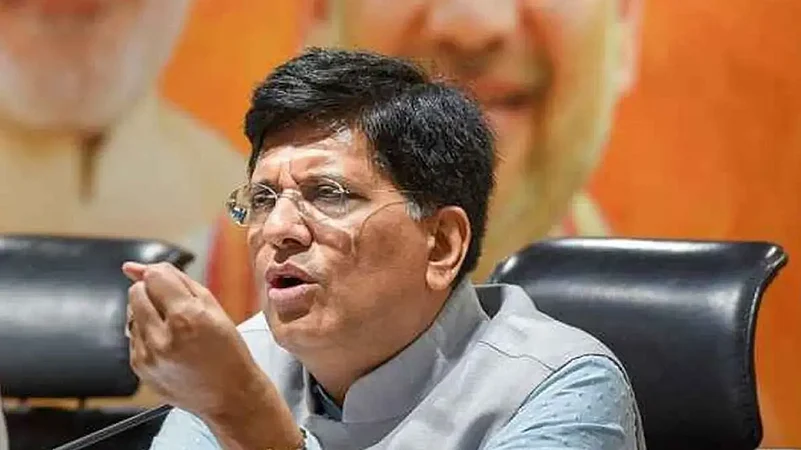Special provisions provided to developing nations in all the agreements of the World Trade Organisation (WTO) through special and differential treatment are the non-negotiable matter for the emerging economies and they should be continued, commerce and industry minister Piyush Goyal said on Wednesday here.
The gaps between the developing and developed members have not yet narrowed down in decades but in fact have widened in many areas. And because of that S&DT (Special and Differential Treatment) provisions continue to be relevant," he said.
"S&DT is a treaty-embedded and non-negotiable right for all developing members," he added.
The minister was speaking in the thematic session on WTO reform.
As part of the proposed WTO reforms, developed countries are saying that developing countries are bypassing rules in the name of self-proclaimed development status in the WTO. On the other hand, developing nations, including India, are demandeurs for special and differential treatment.
The S&DT allows developing and poor (less developed) countries to enjoy certain benefits, including taking longer time for implementing agreements and binding commitments, and measures to increase trading opportunities for them. Currently, any WTO member can designate itself as a developing country and avail these benefits.
Some developed nations have stated that self-declaration puts the WTO on a path to failed negotiations and it is also a path to institutional irrelevance.
Goyal also pitched for resumption of smooth functioning of the appellate body of the WTO's dispute settlement mechanism.
"We need to accord priority to the reform needs, especially to the crisis at the appellate body, whose functioning should become more transparent and effective," he said.
The appellate body is a standing body of seven persons that hears appeals from reports issued by panels in disputes brought by WTO members. Currently, the appellate body is unable to review appeals due to positions remaining vacant.
The term of the last sitting appellate body member expired on November 30, 2020.
Developed countries have also raised issues on working of this body and are seeking reforms in that.
"The number of suggestions for reforming the WTO could result in fundamental changes in the institutional architecture, thereby running the risk of skewing the system against the interest of developing countries.
"Therefore, the principles of non-discrimination, predictibilty, transparency, very importantly, the tradition of decision making by consensus and the commitment to development underlying the multilateral trading system are sacrosant," he added.
In all such reforms, the WTO member countries must ensure that multilateral rule making processes are neither bypassed nor diluted.
India strongly supports a robust WTO reforms and modernisation agenda that is balanced, inclusive and preserves the core principles of the current multilateral system.
He suggested that the reform process should take place in the general council and its regular bodies, as it has the authority to act on behalf of the ministers and reforms discussions must not be held with the aim of undermining the authority of the existing bodies of the WTO.
The general council is the second highest decision making body after the Ministerial Conference (MC).


























.jpg?w=200&auto=format%2Ccompress&fit=max)




